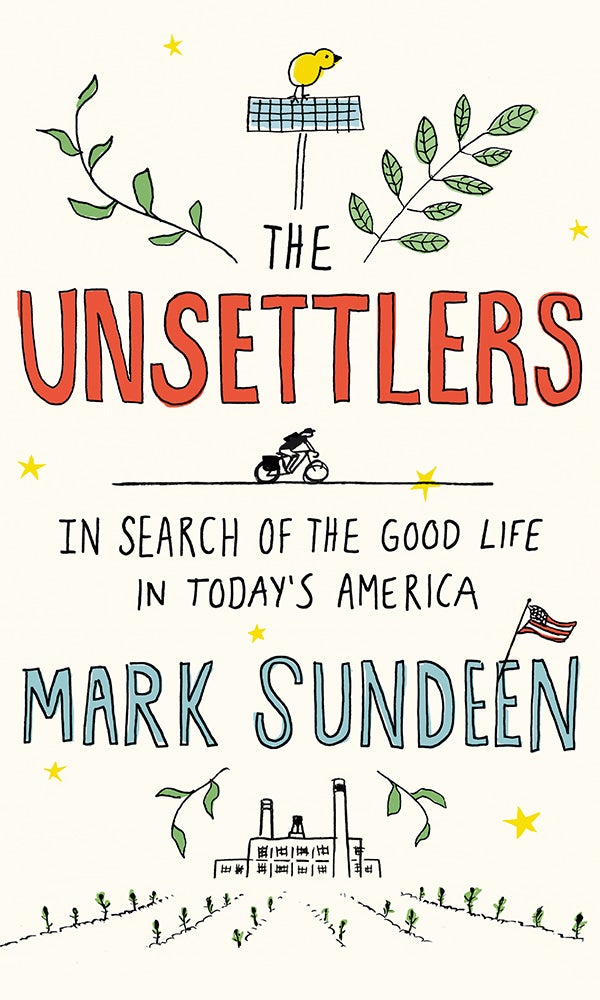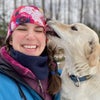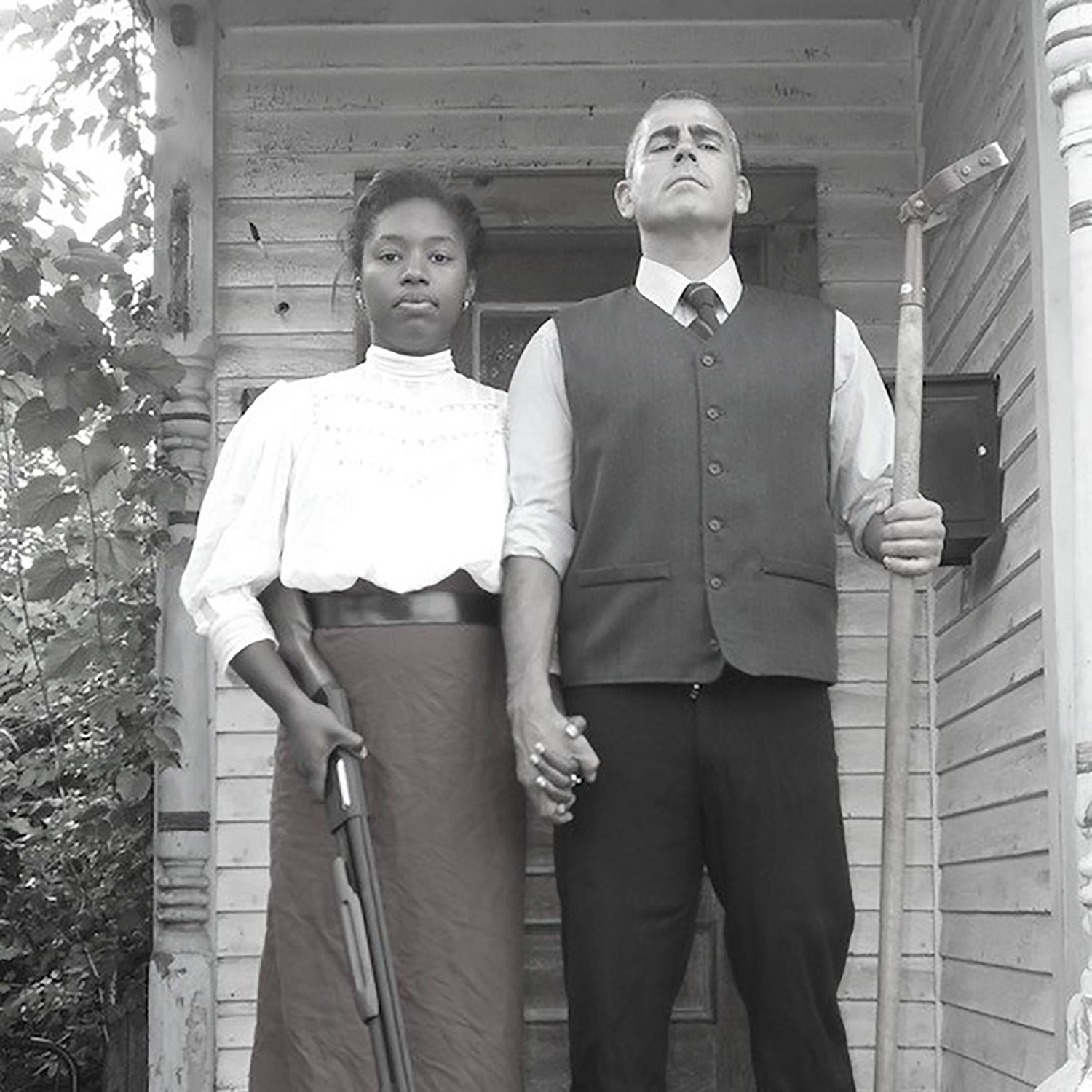Author Mark Sundeen was anguished about the sacrifices of modern life, from marriage—prioritizing someone else’s interests, living in just one place instead of dirt-bagging around the West—to the challenge of choosing between far too many brands of butter at the supermarket. So he sought out people who’d chosen paths of radical simplicity and integrity, those who held true to their principles even when it made life just plain difficult.
The ���ϳԹ��� Podcast
 Editor Chris Keyes talks with frequent ���ϳԹ��� contributor Mark Sundeen about his latest book.
Editor Chris Keyes talks with frequent ���ϳԹ��� contributor Mark Sundeen about his latest book.The resulting book, The Unsettlers (), profiles three couples in fast-moving detail, starting with the decision to reject mainstream life and bearing witness to their struggles along the way, in each case ending on a moment when that idealism is put to the test.
We first meet Ethan and Sarah, founders of a self-sufficient community in rural Missouri called the Possibility Alliance, who are so steadfast in their beliefs that they won’t even ride in a car; then there’s Olivia and Greg, urban farmers in Detroit who envision reinventing the local food system (and who—spoiler alert—resist the seduction of selling to Whole Foods); and finally come Steve and Luci, food activists in Montana whose acceptance of parts of the modern world is framed, though perhaps not explicitly, against the previous couples’ pursuit of perfection. “By living within limits,” Sundeen writes of all three, “they find the sort of abundance that so many of us long for.”

Their stories aren’t simple, just like growing one’s own food and building shelter from scratch are about as far from simple as a person can get. In The Unsettlers, “simplicity” instead serves as shorthand for clarity of purpose, difficult work, and unrelenting responsibilities. It’s about renouncing a prepackaged existence for the true labor of tending land, growing food, and building families. “When I get to make something myself with natural materials and simple tools, of course it’s hard work and it takes time, but the crafting itself becomes a spiritual experience,” Sarah says. Steve is less prone to poetics. To his sons’ laments about the farm demanding constant work, he says, “They have a fucking hockey rink.”
Sundeen’s voice is wary and personal, and his reporting is compelling. But the motivation behind it—his ambivalence about settling down with the love of his life—never quite gels with the rest of the book, particularly because the institution of marriage remains unquestioned even as he picks apart others. (The couples view themselves as revolutionaries, yet they’re all married, hetero, and have children—the nuclear family tackles the frontier.) Still, look past the conceptual stuff and the book takes on some important topics: using fewer resources, growing your own food, and pursuing an anticorporate existence. Like marriage, these are acts of radical commitment. Each is a renunciation, whether to people, land, or ideals. Life’s deepest pleasures come hard, but that doesn’t mean they’re not worth working for.


